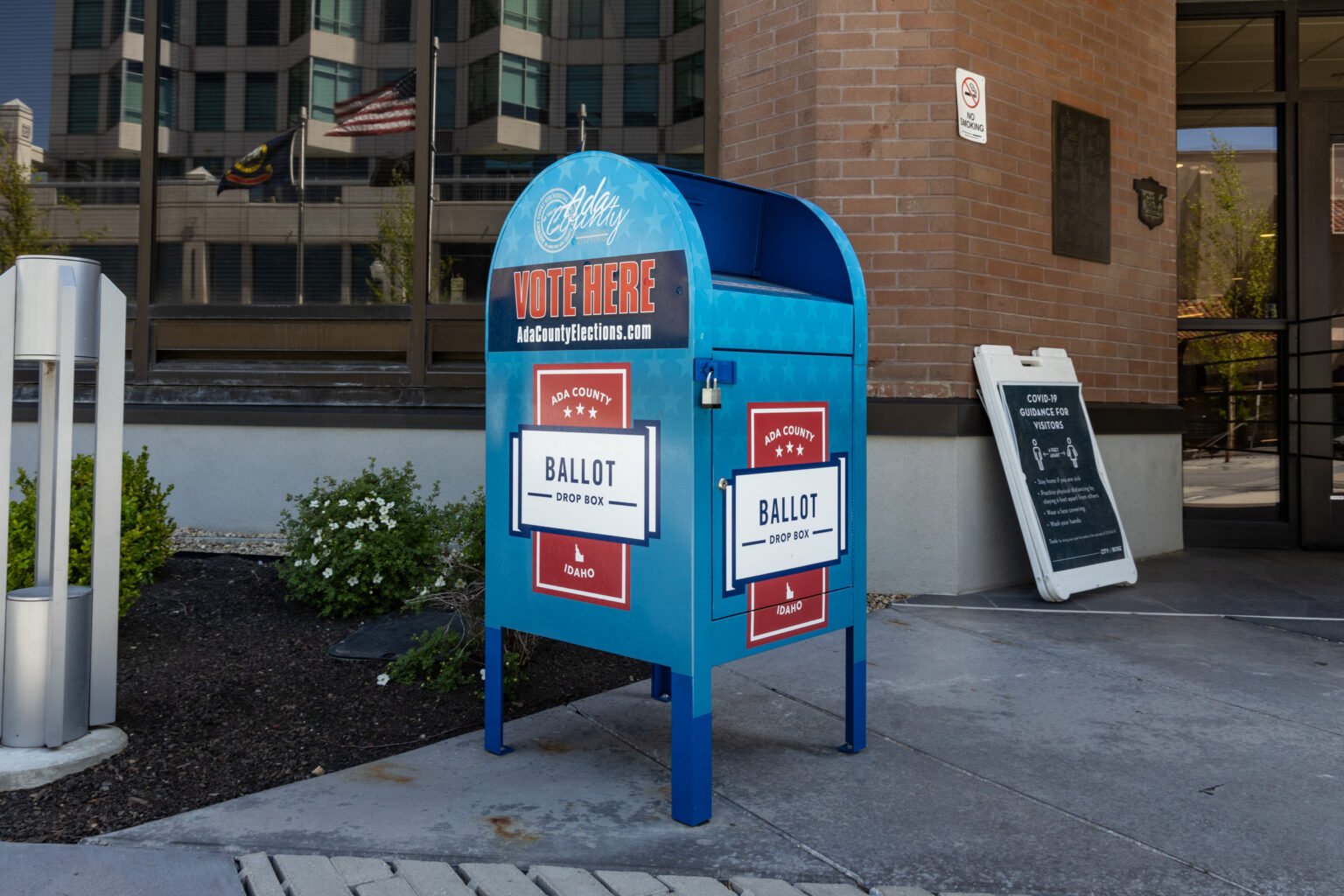
Absentee Voting
Absentee voting in Idaho risks election integrity through ballot tampering, verification issues, and voter coercion, necessitating stronger security and education.
Absentee voting, while designed to increase voter accessibility and participation in Idaho's electoral system, introduces several vulnerabilities that could potentially compromise the integrity of elections.
❌ Vulnerability #1: Ballot Security
One of the primary concerns is the security of the ballots themselves. Absentee ballots are typically mailed, which means they are out of direct oversight from election officials for a period of time. This increases the risk of ballots being lost, stolen, or tampered with during transit. Without physical supervision, there's a higher chance for fraudulent activities like ballot harvesting, where individuals or groups collect and potentially manipulate multiple ballots.
❌ Vulnerability #2: Ballot Verification
The verification process for absentee ballots also presents challenges. Although Idaho has measures like signature verification, the process is not foolproof. There have been instances where signatures were questioned or falsely matched due to inconsistencies in handwriting, especially among those with disabilities or the elderly. Moreover, the state's system for tracking absentee ballots, while functional, relies on the integrity of the postal service and the accuracy of voter information, which can sometimes lead to ballots not being counted if they're not returned in time due to postal delays or if they're sent to incorrect addresses.
❌ Vulnerability #3: Voter Coercion
Another vulnerability stems from the potential for coercion or undue influence on voters casting absentee ballots. Since these votes occur outside the controlled environment of a polling place, there's a risk that voters might be pressured or paid to vote in a certain way. This is particularly concerning in smaller communities or where there might be significant political or social pressure. While Idaho does have laws against voter intimidation and fraud, the enforcement and detection of such activities with absentee voting are more complex due to the lack of immediate oversight.
Collectively, these vulnerabilities highlight the need for robust security measures, better voter education, and possibly additional safeguards to ensure that the convenience of absentee voting does not undermine the fundamental principles of election integrity in Idaho. Regular audits, improved signature verification technology, and public awareness campaigns about the risks and protections could help mitigate these risks, but the balance between accessibility and security remains a pivotal challenge for Idaho's election system.
